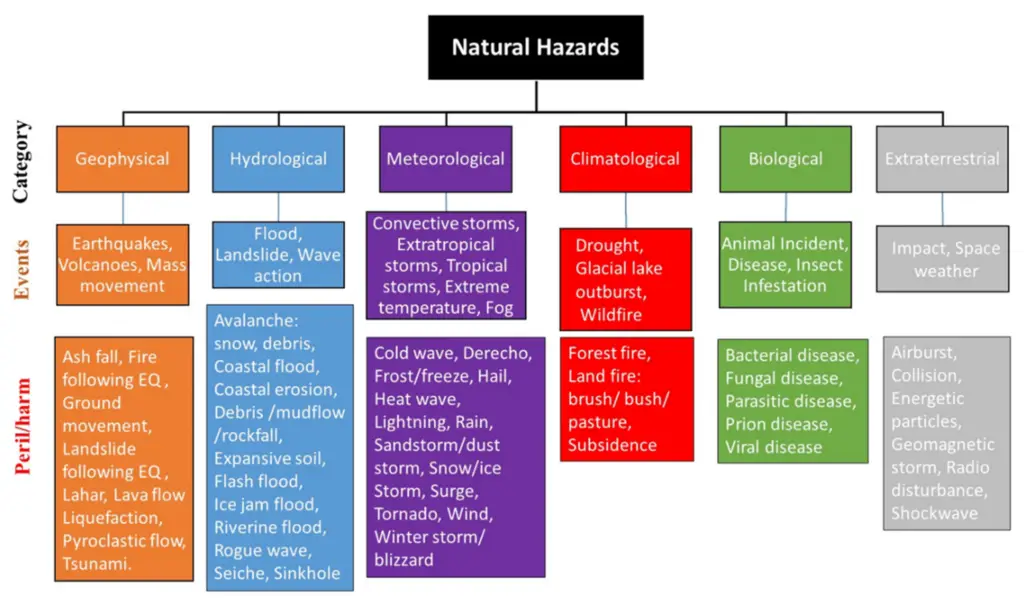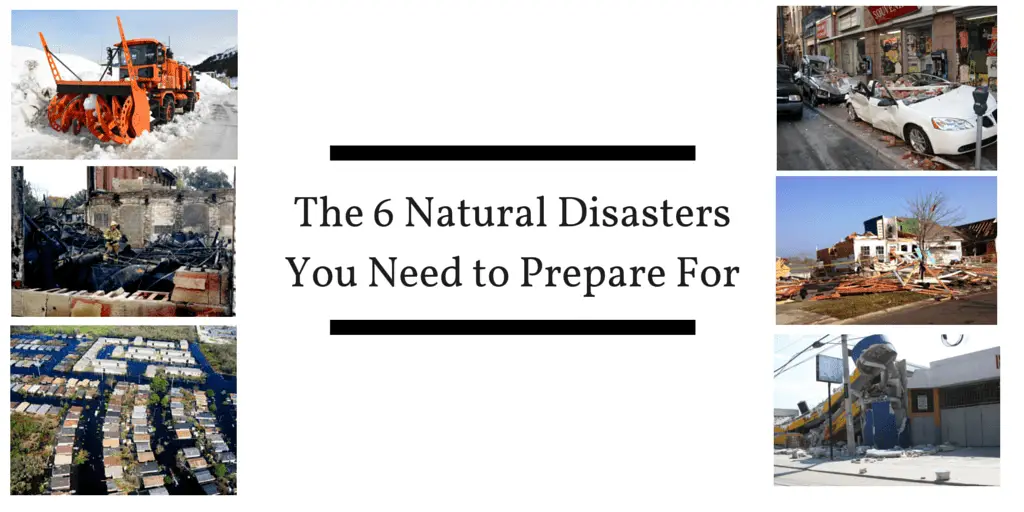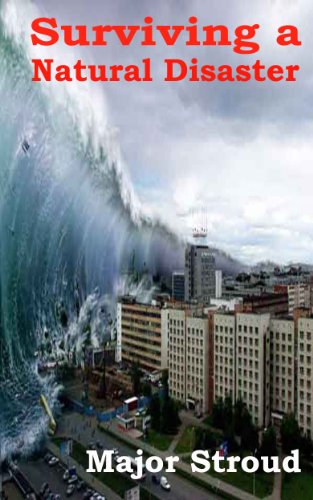Natural Disasters: Understanding and Preparing for Earthquakes, Floods, and Hurricanes
Have you ever wondered what you would do in the event of a natural disaster like an earthquake, flood, or hurricane? Imagine the power going out, the roads being flooded, or buildings collapsing around you. It can be a scary thought, but with the right knowledge and preparation, you can ensure your safety and the safety of your loved ones during these catastrophic events.
Understanding Earthquakes
Earthquakes are caused by the sudden release of energy in the Earth’s crust that creates seismic waves. These waves can shake the ground violently, leading to destruction of buildings, roads, and other structures. Understanding the basics of earthquakes can help you better prepare for and respond to them when they occur.
Earthquakes occur when there is a sudden shift in tectonic plates beneath the Earth’s surface. This shift can happen along fault lines, which are zones where two plates meet. The release of energy during an earthquake causes vibrations that are felt as shaking on the surface.
Understanding the science behind earthquakes can help you anticipate their occurrence and take necessary precautions. By familiarizing yourself with the signs of an impending earthquake and knowing what to do when one strikes, you can protect yourself and your family from harm.
Preparing for Earthquakes
Preparing for an earthquake involves taking proactive steps to ensure your safety and minimize damage to your property. By creating a plan and assembling an emergency kit, you can be better equipped to handle the aftermath of a seismic event.
Earthquake Preparedness Checklist
Here is a checklist of items to include in your earthquake preparedness kit:
| Item | Quantity |
|---|---|
| Water | 1 gallon per person per day |
| Non-perishable food | at least a 3-day supply |
| Flashlight | with extra batteries |
| First aid kit | with essential supplies |
| Whistle | for signaling for help |
| Blankets | for warmth and comfort |
| Cash | in small denominations |
| Important documents | in a waterproof container |
| Medications | a 7-day supply |
| Multi-tool | for various tasks |
By preparing ahead of time and having essential supplies readily available, you can ensure that you and your family are well-equipped to handle the aftermath of an earthquake.

Understanding Floods
Floods are one of the most common natural disasters, with the potential to cause significant damage to property and infrastructure. Understanding the causes and effects of floods can help you better prepare for and respond to these events.
Floods occur when there is an overflow of water onto land that is normally dry. This can happen due to heavy rainfall, melting snow, or the rapid thawing of ice. Floods can occur gradually over time or happen suddenly, posing a serious threat to life and property.
Understanding the different types of floods, such as flash floods, river floods, and coastal floods, can help you identify the risks in your area and take appropriate actions to protect yourself and your property.
Preparing for Floods
Preparing for a flood involves taking proactive steps to safeguard your home and belongings from water damage. By understanding the risks in your area and implementing flood-resistant measures, you can minimize the impact of a flood on your life.
Flood Preparedness Tips
Here are some tips to help you prepare for a flood:
-
Develop an evacuation plan: Know the safest routes to higher ground and have a designated meeting place for your family.
-
Elevate utilities: Raise electrical switches, sockets, and appliances above potential flood levels to prevent damage.
-
Seal walls: Use waterproofing compounds to seal walls and prevent water from seeping into your home.
-
Keep important documents safe: Store documents such as insurance policies, passports, and birth certificates in a waterproof container.
By taking these precautions and being prepared, you can protect yourself, your family, and your home from the devastating effects of a flood.

Understanding Hurricanes
Hurricanes are powerful tropical cyclones that form over warm ocean waters and can cause widespread destruction when they make landfall. Understanding the characteristics of hurricanes and their potential impacts can help you prepare for these dangerous storms.
Hurricanes are characterized by strong winds, heavy rainfall, storm surge, and tornadoes. These destructive forces can lead to flooding, power outages, and widespread damage to infrastructure. By understanding the anatomy of a hurricane and the risks associated with these storms, you can take appropriate precautions to stay safe.
Preparing for Hurricanes
Preparing for a hurricane involves taking proactive steps to secure your home and ensure the safety of your family. By creating a hurricane preparedness plan and assembling a hurricane kit, you can weather the storm and minimize the risks associated with these powerful cyclones.
Hurricane Preparedness Plan
Here are some steps to include in your hurricane preparedness plan:
-
Stay informed: Monitor weather forecasts and listen to official instructions from local authorities.
-
Secure your home: Reinforce windows and doors, trim trees, and secure outdoor furniture to prevent damage from high winds.
-
Evacuate if necessary: Follow evacuation orders and seek shelter in designated safe locations to avoid the worst impacts of the storm.
-
Check on neighbors: Look out for vulnerable neighbors, such as the elderly or those with disabilities, and offer assistance if needed.
By being prepared and following a hurricane plan, you can protect yourself and your loved ones from the dangers of these powerful storms.

Conclusion
Natural disasters such as earthquakes, floods, and hurricanes can be devastating events that pose serious risks to life and property. By understanding the causes and effects of these disasters and taking proactive steps to prepare for them, you can ensure your safety and the safety of your family during times of crisis.
Remember, knowledge is power when it comes to dealing with natural disasters. By educating yourself about the risks in your area and having a plan in place, you can mitigate the impact of these events and stay safe in the face of danger.
Stay informed, stay prepared, and stay safe. It’s never too early to start planning for the worst and hoping for the best. By taking the time to understand and prepare for earthquakes, floods, and hurricanes, you can protect yourself and your loved ones when disaster strikes.
